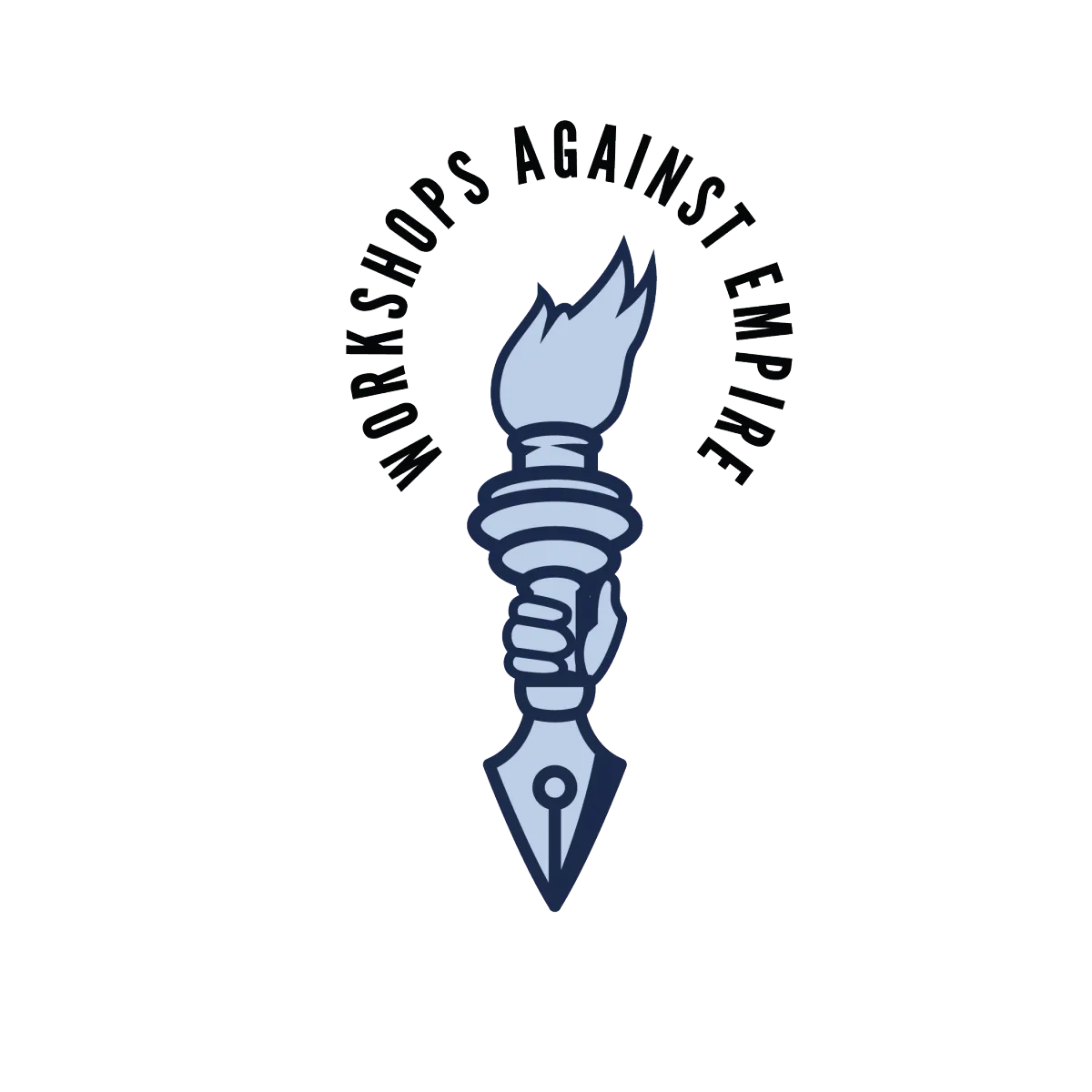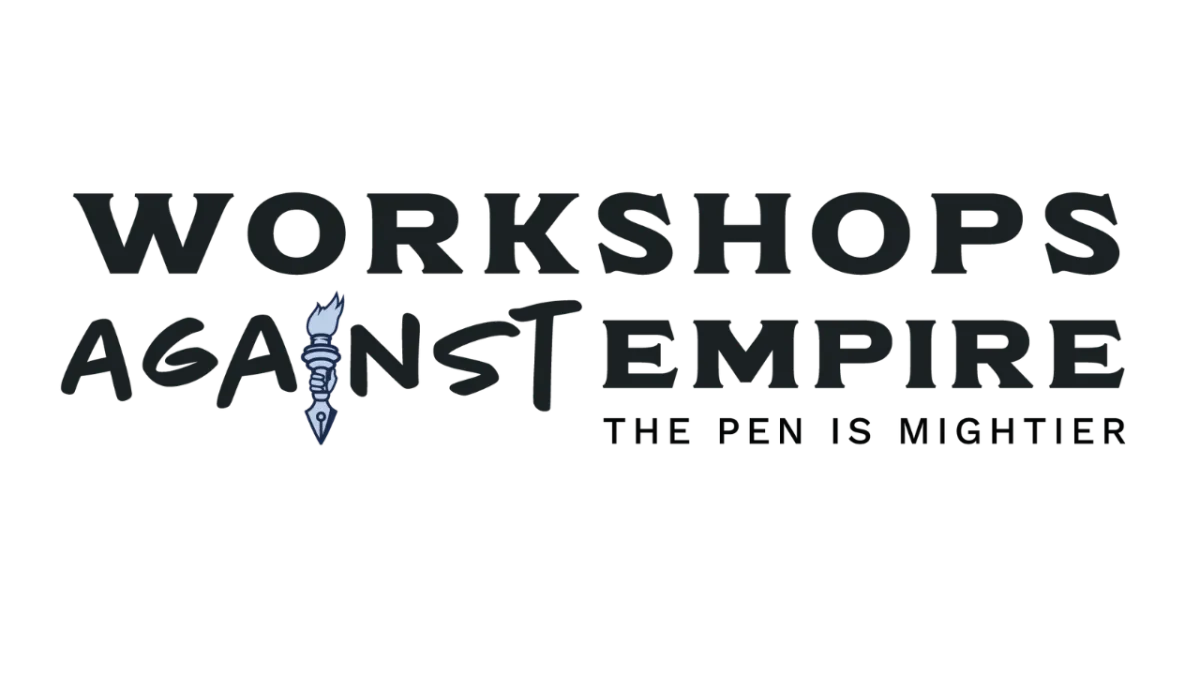
ABOUT WORKSHOPS AGAINST EMPIRE
SUSAN'S STORY
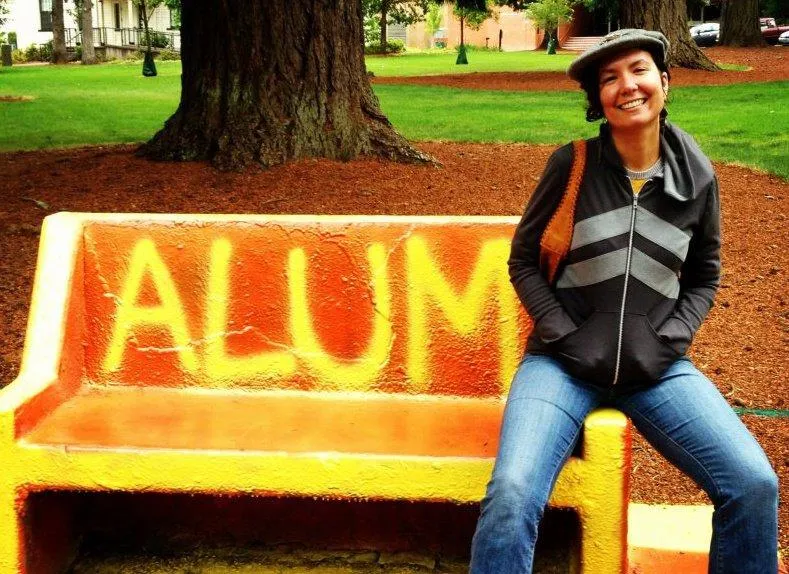
I established Workshops Against Empire out of frustration.
I was a creative writing major in high school, at a school for the arts, then went on to get my BA and MFA, both in creative writing.
Given all that education, you’d think I would have learned how to write a publishable novel. In reality, I graduated with my MFA just as clueless on that subject as when I began.
Moreover, over the course of my academic career, I found that my mentors and peers were generally mystified when I attempted to bring socially engaged work—in my case, work intersecting with issues of justice or the environment—into my workshops.
Let me tell you, I spent a long time wondering if there was something wrong with me—or if there was something wrong with the type of story I was trying to tell.
Maybe I just wasn’t smart enough to figure this stuff out.
Or maybe you just couldn’t “get political”
in your fiction and expect anyone to want to read it.
I’m not going to lie:
That was a devastating, after having taken on over
$40,000 in student loans to cover the cost of my MFA.
WHAT WE DO
Tell your story.
Change the world.
Workshops Against Empire is the ONLY program that combines a complete framework for writing a publishable novel with a focus on the social impact of your story.
That’s right. An alternative MFA in Writing program with social justice at its core.
WHAT WE DO
Tell your story.
Change the world.
Workshops Against Empire is the ONLY program that combines a complete framework for writing a publishable novel with a focus on the social impact of your story.
That’s right.
An alternative MFA in Writing program with social justice at its core.
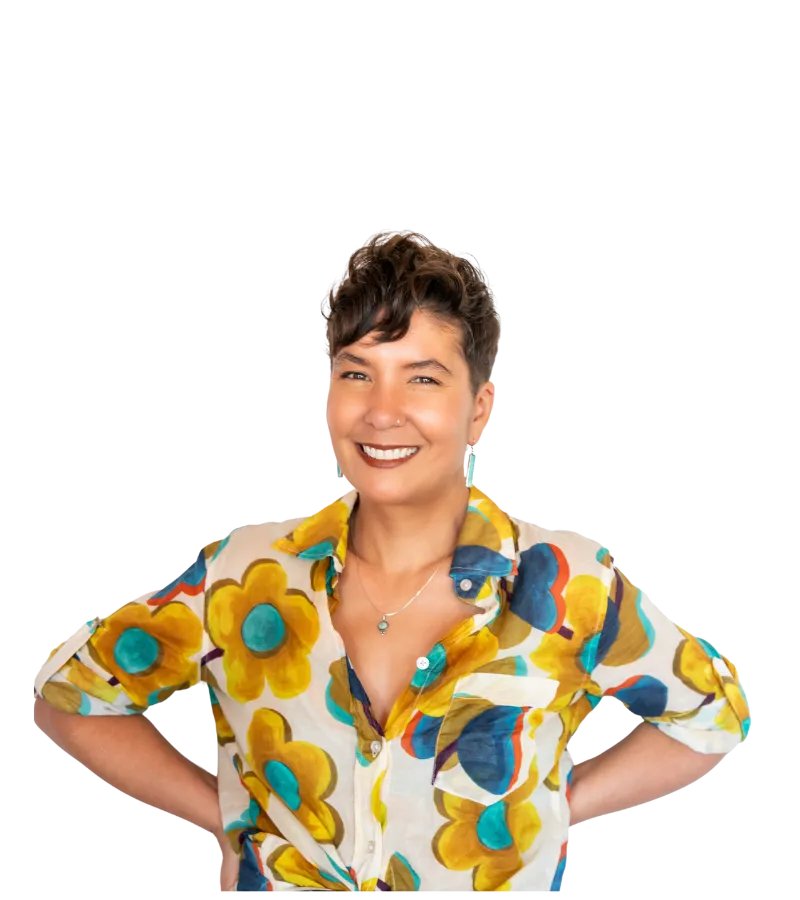
But even so, I knew I was good at helping
other people improve their stories,
because everyone in my workshops had been telling
me that for years.
So after grad school, I turned my focus to editing,
working with a publishing services agency based in Portland, OR.
I received a lot of hopelessly convoluted manuscripts during my years with this agency. And I began to see some patterns.
Authors with fancy MFAs tend to have a good command of voice and POV but very little understanding of what actually makes a story work from the reader’s point of view.
(I realized at the time I probably fit into this category myself.)
Authors who don’t have a formal education in writing but have read a ton of books on craft tend to apply what they’ve learned in an overly broad way—and often not in ways that actually serve their story.
And those with no training at all are often just totally out to sea, amassing 300+ pages that don’t seem to go anywhere.
At the time, I was happy to be able to help my clients with their projects—and I was happy that they were happy with the results they received from working with me.
But I wanted more than to be able to see what would help this particular author with this particular story.
I wanted a real framework of craft, something that applied to EVERY story I read—something that explained why the sorts of fixes I was recommending to my clients actually worked.
I’d read a lot of books on the craft of fiction at that point, and I’d learned some helpful things, the same way I did in grad school—but still, that elusive goal escaped me.
That is, until I discovered Lisa Cron’s book Wired for Story: The Writer's Guide to Using Brain Science to Hook Readers from the Very First Sentence.
Lisa’s work in this book is based on broad principles in storytelling—principles that explain, for instance, how to get your reader hooked in the first few pages (because dopamine), why a close POV is so powerful (because oxytocin), and why you really just can’t write an emotionally affecting novel without a strong focus on scenes (because fiction runs on the neural architecture of dreams).
Now it felt like I was cooking with oil:
I could see the way storytelling had been adaptive in humanity’s past, in a way
that has literally “wired us for story.”
And I could see why the fixes I’d been recommending for people with their novels actually worked.
Honestly, it was huge.
Lisa’s work led me to Jennie Nash, the woman who coached Lisa in writing Wired for Story—and through Jennie, I began my career as a book coach.
In Lisa’s books on storytelling, she presents broad concepts based in neuroscience—whereas Jennie’s work is all about helping writers apply these concepts in the most helpful and effective way.
Meaning, the way that will best help writers produce publishable novels.
When I came on as a founding coach with Jennie’s Author Accelerator program, I knew I’d found someone who got it—not only how Lisa’s storytelling principles, derived from neuroscience, applied to a writer’s WIP, but how to coach the writer through the process of drafting a novel and bringing it through to a publishable state.
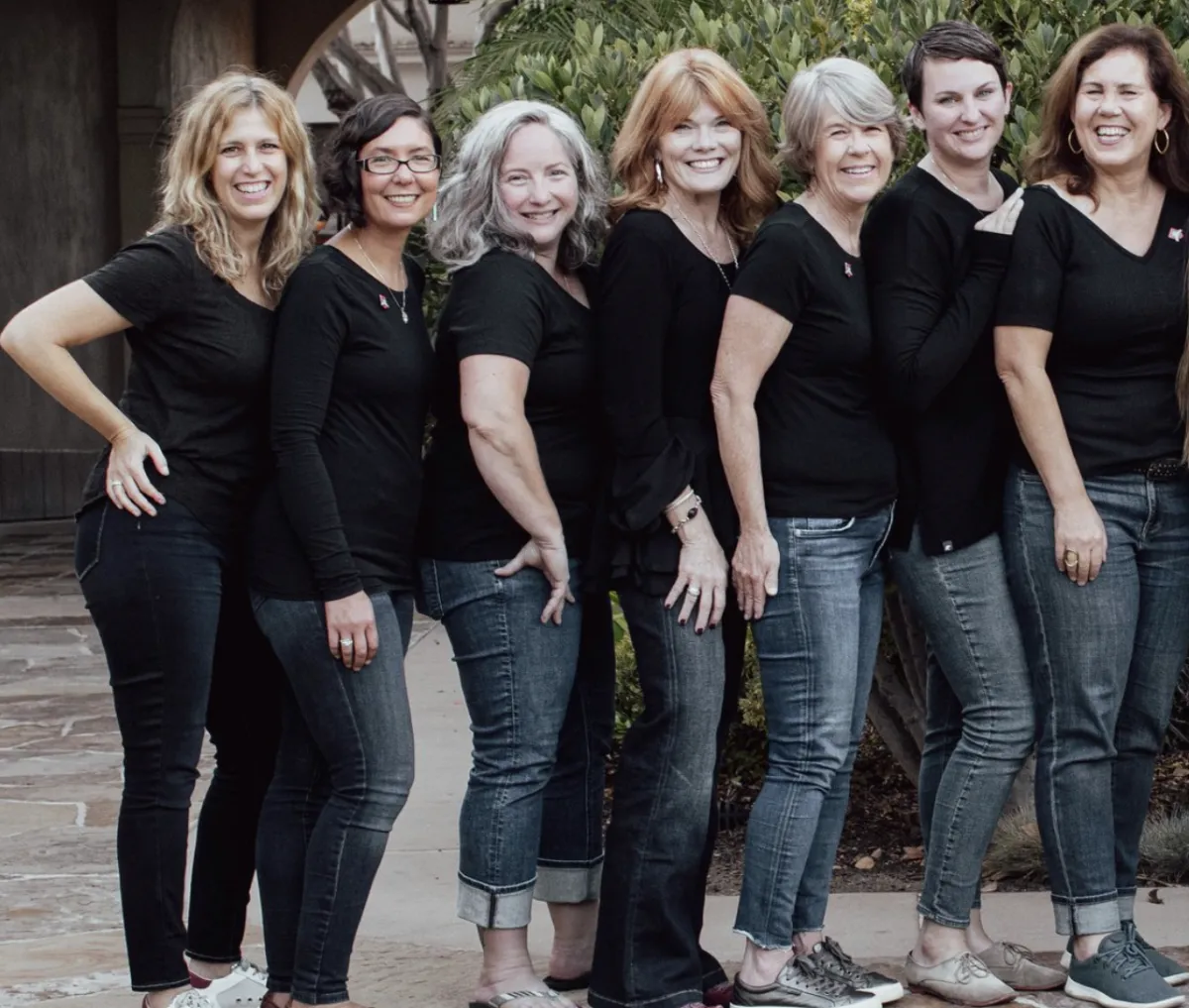
I learned the art of book coaching from Jennie,
and I loved working with writers this way.
I still do.
There’s nothing quite like the thrill of helping someone close the gap between what’s in their heads and what’s on the page, and nothing quite like the thrill of helping your clients celebrate their book birthdays.
But book coaching has never quite felt like enough for me.
Because…what did I go and pay $40,000 to get an MFA for, if everything I really learned about how to write a novel, I learned outside of academia?
And what about the people who don’t have the financial resources to hire a book coach?
(Fun fact: We’re not cheap.)
Moreover: What about the stories that could change the world, if people had the skills to actually write a publishable version of their novel?
You see, at that point, I knew that the messages I’d received in my academic workshops were wrong:
Creative work that intersected with issues of social and/or environmental justice wasn’t any less artful than so-called “apolitical” fiction, if you approached it right.
I knew this because more and more of the books gaining wide acclaim and wide readerships were telling these types of stories.
And I knew it because I’d published a novel like this myself and won a Gold IPPY Award for it.
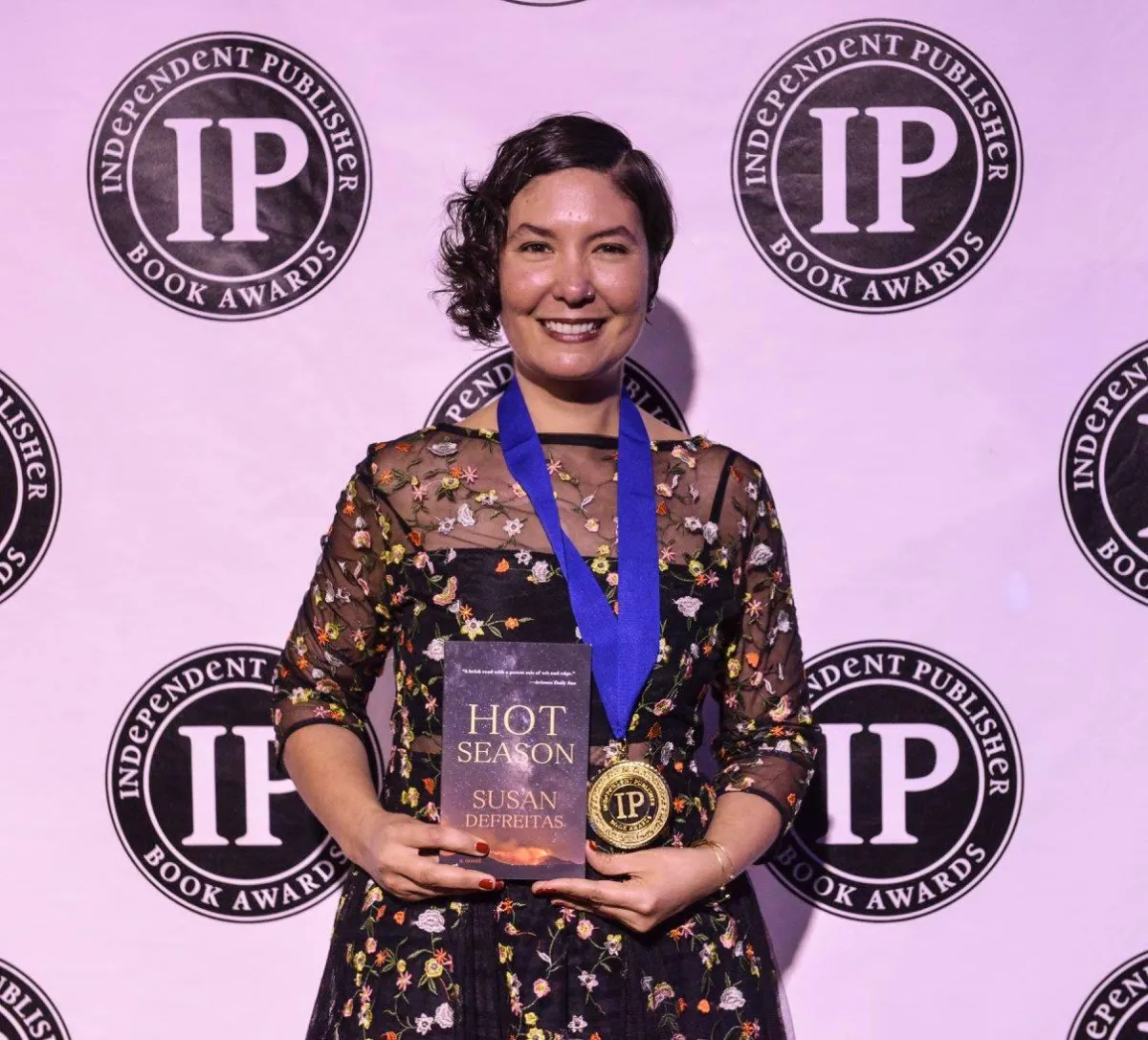
Then, the pandemic hit.
And my husband and I went on a backpacking trip for my birthday because…what else are you going to do for your birthday during a pandemic???
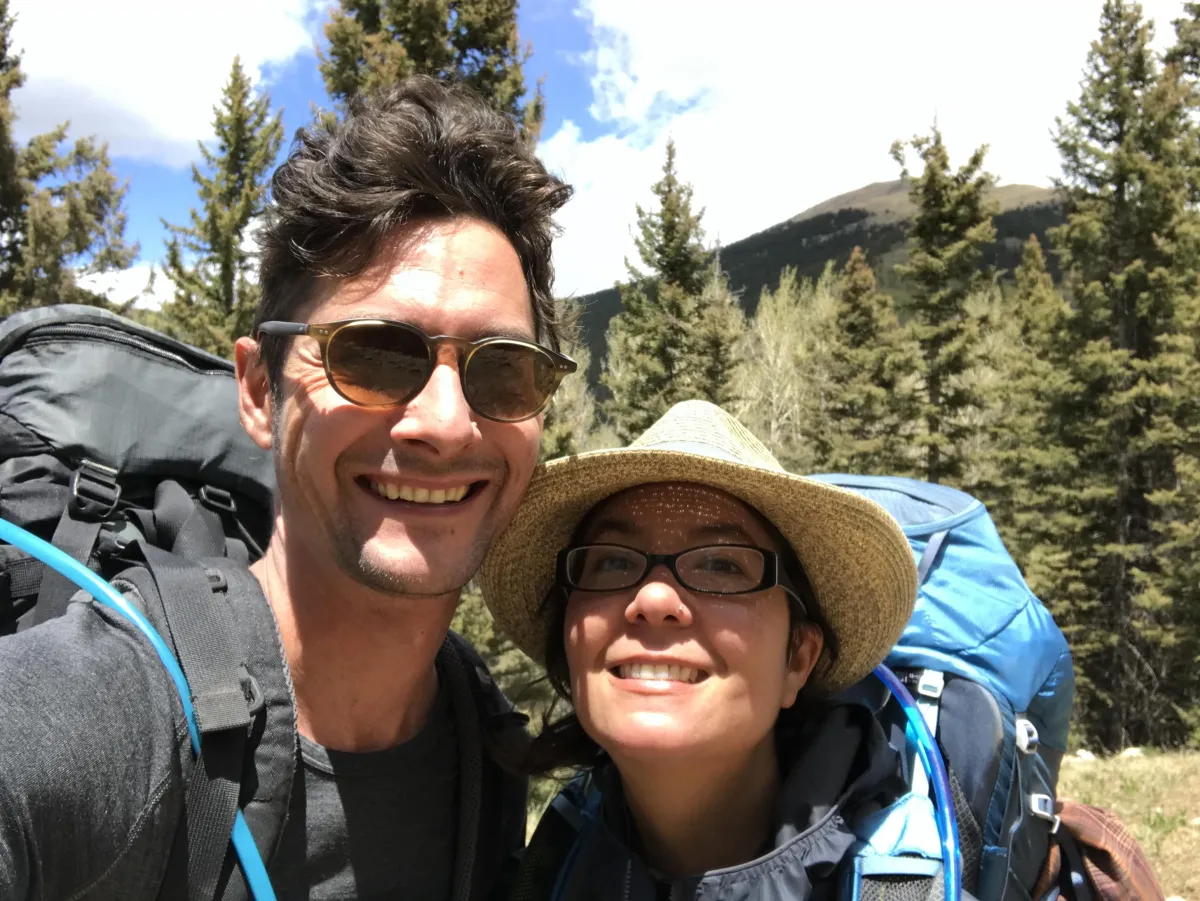
And it came to me, literally, on a mountaintop: Workshops Against Empire. An alternative MFA program for people who want to change the world. One that actually teaches the art of the novel—from the big picture right down to the nitty gritty details—with social justice at its core.
It took me years to develop the five courses that comprise this program, via a series of live classes that showed me not only how powerful writers found this material, in terms of leveling up with their work, but also where I could refine, clarify, and strengthen the course material to address a wide range of stories, genres, and learning styles.
These courses represent everything I’ve learned about storytelling—as a writer, as an editor, and as a book coach—over 30+ years.
I’ve seen the way they’ve transformed the work of my students.
And now, at last, I’m ready to share them with the world.
I created Workshops Against Empire to prove that the art of fiction can be taught in a way that actually makes sense—and that you don’t have to shell out the cash for a fancy MFA program OR for a book coach in order to learn it.
I created Workshops Against Empire so EVERYONE who wants to make a difference in the world with their creative work can learn how to write a publishable novel, as they draft or revise one, at an accessible price point.
In Loving Memory of Susan DeFreitas...We Continue Her Mission.
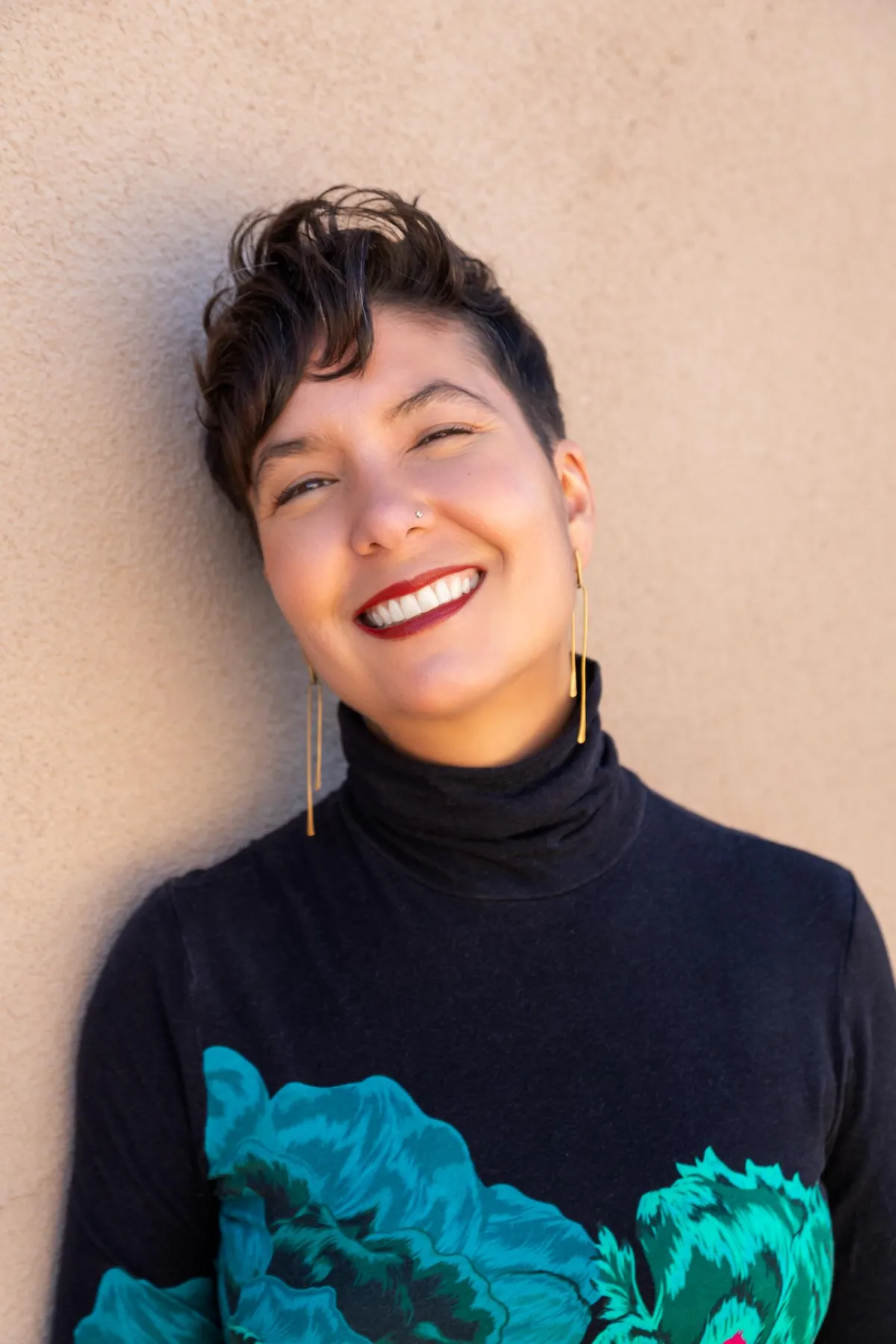
Born May 19, 1977, Susan crossed to the other shore on Wednesday, February 26, 2025. After a year-long illness, her final transition was peaceful at home, surrounded by loving family and held in love and light.
Susan’s 47 years of this life were immense and full of laughter, joy, and deep conversation and connection with friends, family, strangers, and Spirit. Author, poet, artist, storyteller, emcee, book coach, entrepreneur, teacher, activist, home chef, Happy Farmer, banjo player, reader, hiker, tree-hugger, swimmer, traveler, meditator, free-spirit, star-gazer, dreamer, wife, mother, and friend. Born in West Michigan, she lived in Hart, Michigan; Prescott, Arizona; Portland, Oregon; and Charleston, South Carolina; before landing in Santa Fe, New Mexico in 2018.
Susan is the author of the award-winning novel, Hot Season, and the editor of Dispatches from Anarres: Tales in Tribute to Ursula K. LeGuin. Her short stories and poems were published widely, and her writing classes were celebrated. She is the creator of Workshops Against Empire, an alternative MFA program for writers who want to change the world.
Susan is survived by her loving husband Daniel, and son Calder, as well as her mother Sally, father Bruce, step-mother Kathy, brother Andre, sister Tara, and other extended family members, including her beloved Happy Farmer community.
Susan is survived by her loving husband Daniel, and son Calder, as well as her mother Sally, father Bruce, step-mother Kathy, brother Andre, sister Tara, and other extended family members, including her beloved Happy Farmer community.
Though Susan has crossed over, her presence remains vibrantly alive in her words, her students, and her work. The outpouring of love and condolences from her community shows us just how much of an impact she made in this world.
Workshops Against Empire, a complete five course framework of craft with social justice at its heart, continues under the care of her team and husband, ensuring that her vision, and her belief that stories can change the world for the better, lives on.
Workshops Against Empire and her beloved Story Medicine Community remain available for writers who wish to study with her in spirit. Through these teachings, her wisdom, humor, and insight continue to guide authors toward crafting powerful, world-changing stories. The kind she believed the world needs most.
Susan would want writers everywhere to keep writing, keep growing, and keep using their stories to make this world a more compassionate, conscious, and courageous place.
If you’d like to learn more about Workshops Against Empire, click here.
Here’s to better stories for a better world,
The Workshops Against Empire team
MENU
ON SOCIAL
